62% want action on income inequality. So, what do we do?
We look at three ways the UK can begin building the society it wants by tackling inequality.
How do we make sure everyone is included in the UK’s pandemic recovery?
How do we ensure the injustices and inequalities exposed and exacerbated by covid are not made worse still when the country gets going again?
There has been much talk of roadmaps in the past few months, but let’s also talk about destinations. Where do we want to go as a country – and how to get there? We can’t have a recovery where some speed off down the road, while others are left behind on the hard shoulder. We need to address inequality.
And, before we set off, we need to make sure all the systems we rely on are roadworthy.
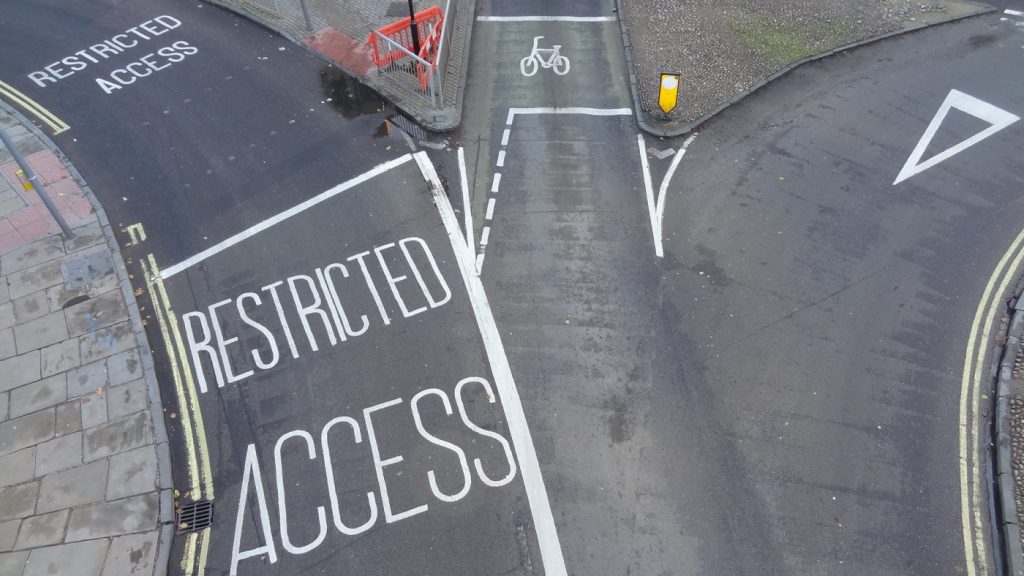
Where do we want to go?
Covid has caused us to reassess our priorities as a country. We have been reminded of the importance of community, the value of neighbours, and the extent to which we all rely on one another.
There are signs also that many of us want to see a more just society, with less inequality. Polling data has shown that 62% of us think the Government should take measures to reduce differences in income levels, while only 12% disagree.
What might action look like?
There is much work to be done in the UK to narrow the many gaps between those of us who are economically privileged and those of us who are not. This blog looks at just three potential steps: one simple and immediate policy decision, one medium term strategy, and one profound long-term change, all of which would help to reduce inequality.
1 - Protect Universal Credit

Millions more people have been receiving Universal Credit in the past year, as a result of the economic upheaval caused by covid. It is not a great system. The security it provides is flimsy and volatile, and frequently insufficient.
Data released this year showed that people on Universal Credit were eight times as likely as the national average to be food insecure.
Universal Credit should be increased, but instead the Government is planning a cut. It intends to reduce weekly payments by £20 a year from the autumn, which would reduce many struggling people’s incomes by £1,000 a year. That would increase inequality rather than reducing it. We should all be included in the post-covid recovery, but that won’t happen if the Government leaves people without enough fuel in the tank.
The public want the Government to reduce income inequalities. It should start by abandoning this cut, and keeping the Universal Credit lifeline.
2 - Carry out an MOT on the benefits system
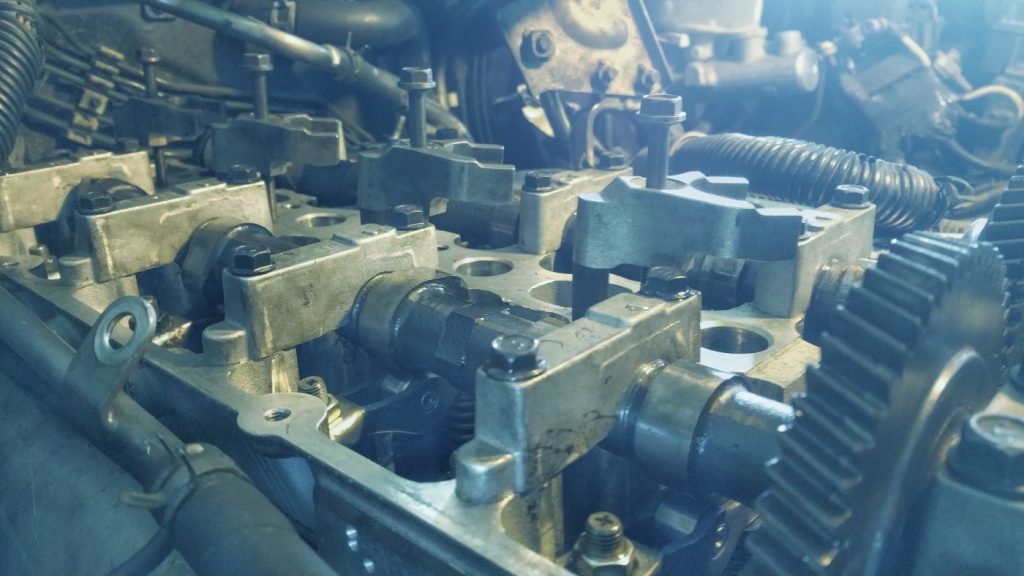
Protecting Universal Credit is a vital first step, but we need to go further. The benefit system needs to be made roadworthy. Just like other vital public services, it needs to be invested in and kept up to date, so it is fit for purpose when needed.
A fair assessment of our benefits system would likely reveal that it does not generally meet the cost of living, and that it is too detached from the people it is meant to support. Payments undoubtedly need to be increased and reviewed annually to ensure they keep pace with living costs.
More fundamentally, the DWP needs to change the way it works, to ensure the system is designed in conjunction with people who have used the system. Groups such as Poverty2Solutions and the APLE collective (Addressing Poverty Through Lived Experience) have shown how systems and services can be enhanced when people work together. We can’t hope to narrow inequalities in the UK if the primary support system is sub-standard.
3 - Address the UK's underlying power imbalances
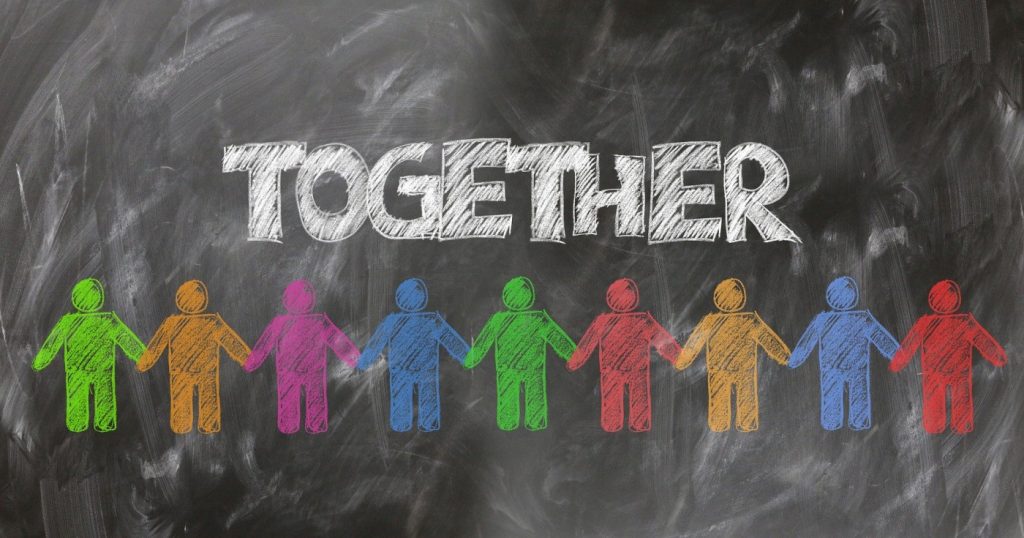
There is a more fundamental reassessment that we all need to take part in, which is to address the underlying power inequalities in our society. Only if we do that will other inequalities ever be resolved.
There are inequalities in the UK, around gender, race, region, class and sexuality. Each of these linked injustices harm individuals and hurt society as a whole. Inequality violates people’s dignity and curtails their opportunities, meaning countless dreams and possibilities go unrealised, meaning the whole society always falls short of what it could be and do.
None of these inequalities is new. They may even feel entrenched, but they are not inevitable and they can be addressed.
All of them stem from an unjust distribution of power, which allows inequalities to perpetuate. We need to break the cycle by truly challenging where power lies and why, by speaking up loudly against systems that allow injustice and inequality to continue, and promoting work that redistributes power.
Initiatives such as participatory budgeting and Poverty Truth Commissions have shown what can happen when communities are entrusted with decisions, and when people meet as equals to find solutions. Such work needs to be supported, encouraged and accelerated if we are to make lasting changes to inequality.

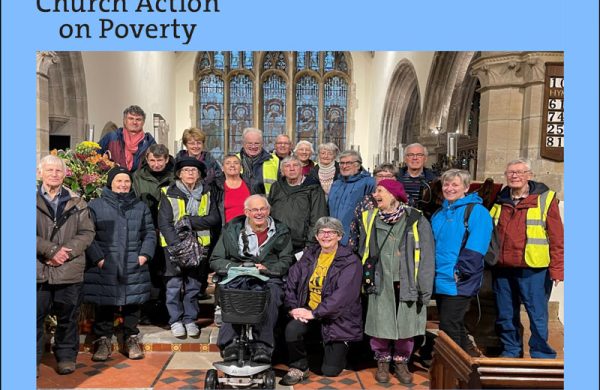
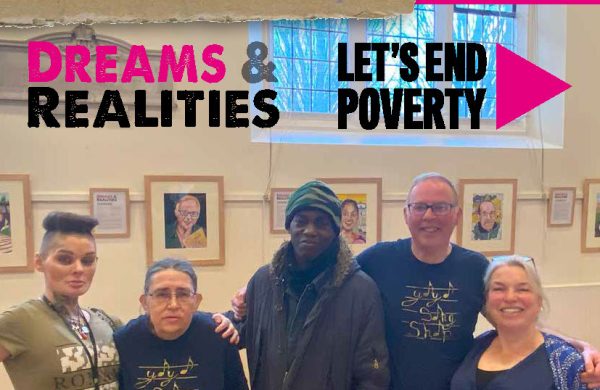

Another major inequality is education. I notice this more and more in Churches, where those with what is considered a good education lead the rest. The number of preachers who stand up and say, when I was at university as though it gives them some authority to speak. Those who have not had the opportunity of the education system some have had, need to be valued and listened to as well and we can start in the Churches. We need to make people aware that academia is a gift to be used for good and not to be used to advance ones position against another.